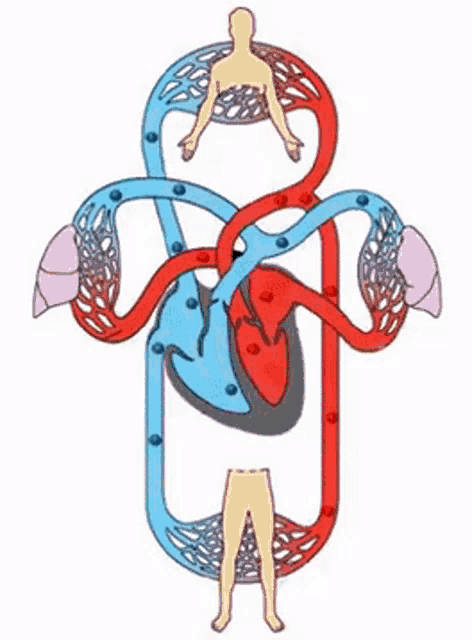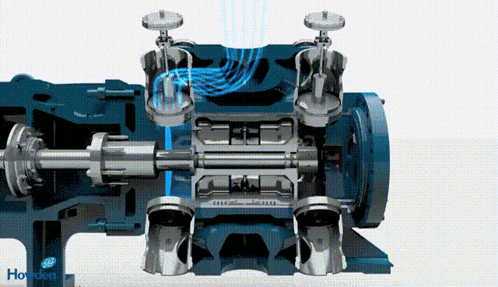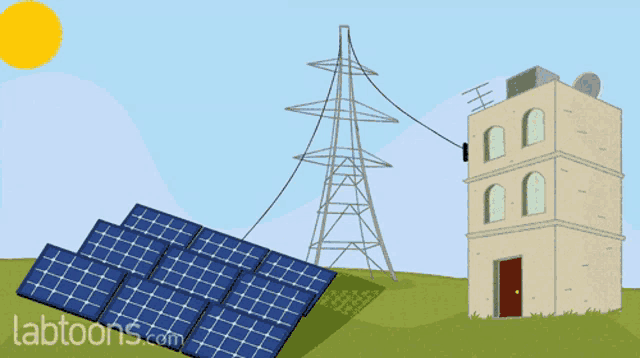Describe These Pictures


🚀 Ready to elevate your speaking game? Hit subscribe, and let's make every word count! 🎤
Try for free for 7 days, cancel anytime- An HVAC (heating, ventilation, and air conditioning) technician in a blue uniform carefully fixes a condensing unit. He checks wires and adjusts settings, troubleshooting with a focused gaze. The air conditioner hums back to life, cooling the room. Customers smile gratefully.
- At the factory, thick smoke billowed from chimneys, staining the sky with pollution. The acrid scent hung heavy in the air as it drifted, eventually blanketing the nearby forest in a suffocating haze. Nature's vibrant greens faded under the grim shroud, a stark reminder of human impact on the environment.
Vocabulary
to openly resist or refuse to obey
- Sentence: The new technology defies conventional wisdom by achieving unprecedented efficiency.

important or meaningful
- Sentence: The discovery of a new species in the rainforest is a significant event for biologists.

to fight against or actively work to reduce or eliminate
- Sentence: The government launched a campaign to combat air pollution in urban areas.

exceeding or greater than something else
- Sentence: The new model's performance is surpassing expectations in sales and customer satisfaction.

to remove or take out, usually with effort or force
- Sentence: The dentist had to extract a decayed tooth to prevent further infection.

to soak up or take in
- Sentence: Plants absorb carbon dioxide during photosynthesis, releasing oxygen into the air.

to move continuously or freely through a closed system or area
- Sentence: Airplanes circulate air to maintain comfortable temperatures during flights.

devices that increase the pressure of a gas
- Sentence: Industrial compressors are used to power various pneumatic tools and equipment.

gases in the Earth's atmosphere that trap heat and contribute to global warming
- Sentence: Carbon dioxide and methane are examples of greenhouse gases emitted by human activities.

other options or possibilities
- Sentence: Electric cars are seen as viable alternatives to traditional gasoline-powered vehicles.

financial assistance or support provided by a government or organization
- Sentence: Farmers receive subsidies to help offset the costs of crop production during difficult seasons.

to utilize or control a resource for a specific purpose
- Sentence: Solar panels harness the energy from the sun to generate electricity for homes and businesses.

Reading
Technology typically follows the rule of getting out what you put in—like an electric toaster converting energy into heat. But heat pumps defy this norm by producing three to five times more heat energy than the electricity they consume. This efficiency makes them a preferred eco-friendly alternative to traditional heaters that burn fossil fuels.
Heating buildings globally contributed about 10% of CO2 emissions in 2021. Heat pumps combat this in two ways: they use electricity (increasingly from renewable sources) and operate at up to 500% efficiency, far surpassing the 90% efficiency of oil or gas boilers.
Functioning similarly to air conditioners, heat pumps extract heat from indoors in summer and reverse the process in winter, transferring heat from outside to inside. They achieve this through refrigerants that absorb and release heat as they circulate through coils and compressors.
Despite their benefits, heat pumps face challenges. Common refrigerants like hydrofluorocarbons are potent greenhouse gases, prompting efforts to develop greener alternatives. They also lose efficiency in very cold climates, though solutions like ground-source heat pumps provide consistent performance.
While installation costs in the US can be significant, long-term savings on energy bills and government subsidies are making heat pumps more accessible. Ultimately, heat pumps harness physics—using electricity to facilitate heat transfer rather than generating heat directly—yielding impressive efficiency gains.
- A: Heat pumps use electricity, increasingly sourced from renewables, and operate at up to 500% efficiency, surpassing traditional oil or gas boilers.
- A: Refrigerants absorb and release heat as they circulate through coils and compressors, facilitating heat transfer between indoors and outdoors.
- A: Heat pumps can lose efficiency in very cold climates and commonly use hydrofluorocarbons, potent greenhouse gases prompting efforts to find greener alternatives.
- A: Heat pumps function similarly to air conditioners, extracting heat from indoors in summer and reversing the process in winter to heat indoor spaces.
- A: Installation costs can be significant, but long-term savings on energy bills and government subsidies are making heat pumps more accessible to consumers and businesses.
Discussion
- A: Heat pumps use electricity, often from renewable sources, and operate with high efficiency, reducing reliance on fossil fuels and lowering CO2 emissions.
- A: While initial installation costs can be significant, heat pumps offer long-term savings on energy bills due to their high efficiency. Government subsidies and financing options can also make them more affordable.
- A: Heat pumps may lose efficiency in very cold climates. Solutions like ground-source heat pumps or improved insulation can help maintain performance in harsh weather conditions.
- A: Common refrigerants like hydrofluorocarbons (HFCs) are potent greenhouse gases. Research focuses on developing eco-friendly alternatives and ensuring proper handling and disposal practices.
- A: Future trends may include improved efficiency, integration with smart home systems, and advancements in refrigerant technology. These innovations could further enhance the environmental and economic benefits of heat pumps.
Opinionated Questions
- A: Yes, I believe heat pumps are crucial for reducing carbon emissions. They operate on electricity, often sourced from renewables, and can achieve high efficiency, significantly lowering reliance on fossil fuels.
- A: Absolutely. Government subsidies can make heat pumps more accessible to homeowners and businesses, encouraging adoption of eco-friendly heating solutions and accelerating the transition to renewable energy.
- A: Yes, despite higher initial costs, heat pumps offer substantial savings on energy bills over their lifespan. Their efficiency and potential for reduced maintenance costs make them a smart investment for the future.
- A: It's critical. Current refrigerants like hydrofluorocarbons (HFCs) contribute to global warming if leaked. Investing in eco-friendly alternatives is essential to minimize environmental impact and ensure sustainable heat pump use.
- A: Absolutely. As awareness of climate change grows and technology improves, heat pumps are likely to become increasingly popular. Their versatility, efficiency, and environmental benefits make them a promising choice for heating and cooling solutions.





